Natural Disaster
Are You and Your Horse Ready for Emergency Evacuation?
Brought to you by


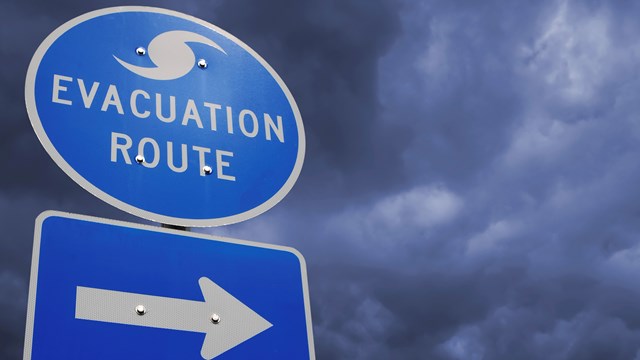
What’s the threat in my area?
The varying regions of the United States face different natural disaster threats. Learn more in our article “Navigating Natural Disasters.” Ready to make a plan tailored to you? Download and print the University of California, Davis, Center for Equine Health’s helpful poster, “Equine Disaster Preparedness.”
What natural disaster are you most concerned about?
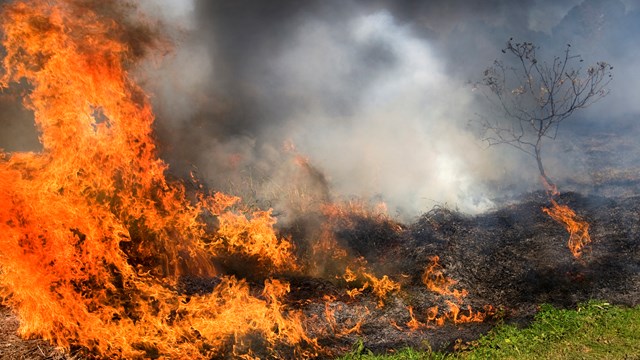
Wildfire
Wildfires whip through dry areas and are a threat to forests and grasslands. Their raging heat and flames destroy homes, neighborhoods, and towns. Human evacuation is the priority and can happen quickly. But what do you do if you can’t get your horses out? Read “Wildfire: When Evacuation Isn’t an Option.”
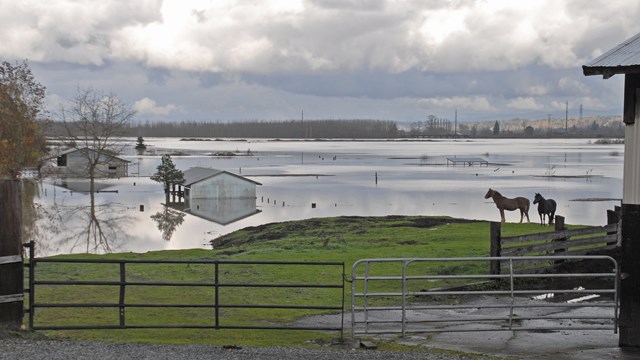
Severe Weather
Blizzard conditions, hurricanes, and tornadoes threaten human and horse safety. We have some great resources to help prepare you for each:
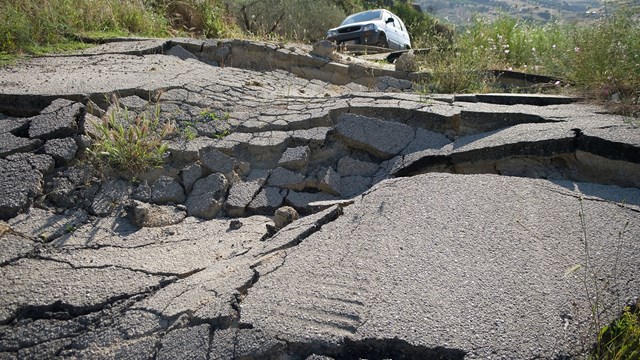
Earthquake and Volcanic Activity
Earthquakes and volcanic activity are rare but can be devastating, with little warning. And both can lead to secondary disasters, such as wildfires. Learn about how earthquakes and volcanic eruptions can affect horses in “Volcanic Ash and Equine Respiratory Health.”
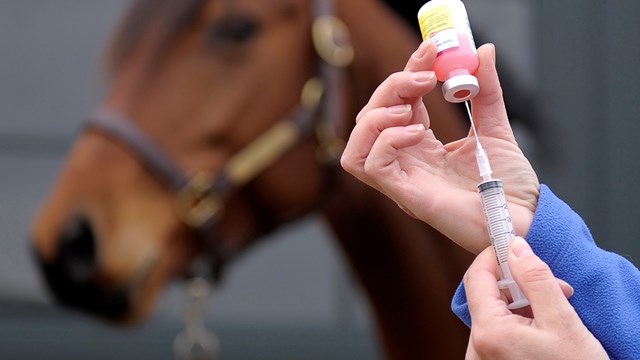
Is my horse up-to-date on his vaccines to keep him healthy?
&cropxunits=100&cropyunits=100)
American Association of Equine Practitioners’ Core Vaccines
The American Association of Equine Practitioners recommends core and elective vaccines to protect horses from infectious diseases. Vaccination is especially important during disasters, when horses might co-mingle with others at evacuation facilities or need to cross state lines. To learn more, see our Vaccination Cheat Sheet
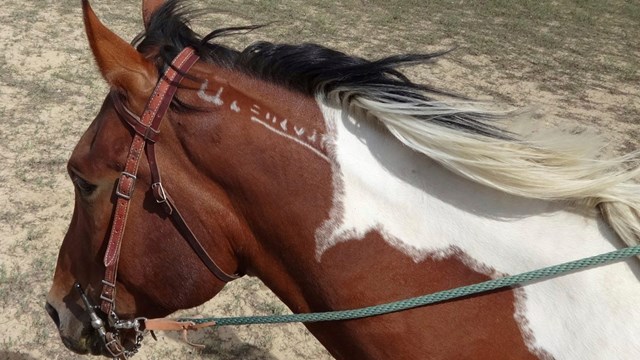
Do I have a way to identify my horse in case we get separated?
Lip tattoos, microchips, and more. Discover the methods you can use to identify your horse in our Equine Identification Fact Sheet and use our Horse Identification Worksheet.
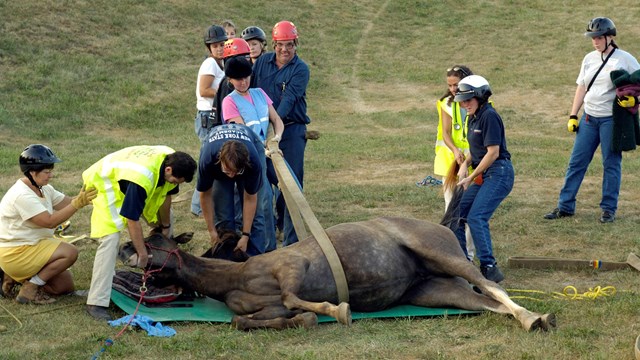
Do I have emergency-responder contact information?
In case of emergency, you might want to get in touch with decision-makers in your area, including veterinarians, extension agents, animal control officers, emergency responders, and emergency managers. We have an Emergency Contact form.
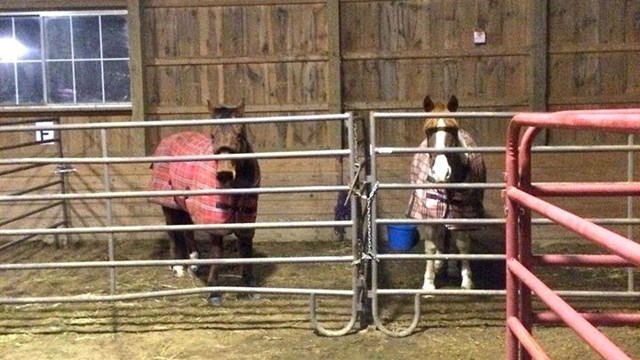
Do I know where I’m going to evacuate my horses to?
Fairgrounds and saddle clubs often become emergency housing centers for animals, so make sure you know where they’re located before an emergency happens. Also consider securing an evacuation site prior to a natural disaster. For example, if you live in wildfire country, consider finding a farm you can evacuate to on the other side of a major fire break, such as a highway or river. If you own a stallion, make sure your evacuation location will take him as well. Read “Finding Housing for Horses during Evacuations” to learn more.
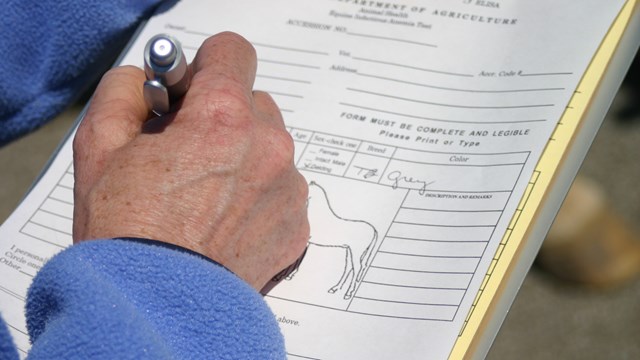
Do I have up-to-date health certificates and Coggins test results for my horse?
Evacuations taking you over state lines might require paperwork, such as a health certificate and negative Coggins. If you don’t have these on hand, make an appointment with a veterinarian. Don’t have a vet? Find one in your area using the American Association of Equine Practitioners’ Get-a-Vet search tool.

Do my horses know how to load into a trailer?
I need help teaching my horse to load.
In the video above, Dr. John Madigan of the University of California, Davis, School of Veterinary Medicine describes how to pack your trailer for an emergency and safely load your horse.
Need more help? Read about using learning theory to train a horse to load.

Do I have a truck and trailer available and in good repair that will fit all my horses?
If you don’t have a trailer that will fit all your horses, you will need to prioritize which horses will be evacuated first. Also consider organizing neighbors with horses and trailers ahead of time, and see if there’s room for your horses on their rigs, or vice versa.
All of my horses fit I might have to leave some or all horses behind
&cropxunits=100&cropyunits=100)
Do I know who will take care of my horses when I evacuate without them?
Unfortunately, sometimes horses have to be left behind, especially during rapid evacuations. Make sure they have plenty of feed and water during your absence. This is a good reason not to ever get your supply down to “one last bale”—plan on always keeping enough hay on hand to last a week. For more information, read “How Much Food and Water Do My Horses Need if I have to Evacuate?”
If you’re leaving your horses under someone else’s care, make sure you leave care instructions and collect their contact information, including phone numbers and secondary phone numbers. Here are Equine Emergency Care and Contact forms we’ve created to help.
In the case of wildfire, protect the horses left behind by applying fire-safe management practices ahead of time. By doing so, you’ll eliminate fire fuel from your property and hopefully protect your horses from a wildfire’s path.
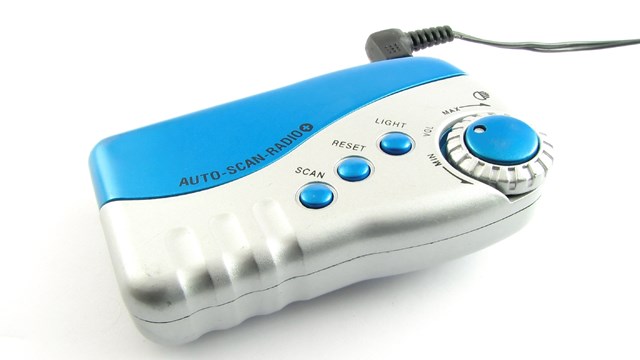
Do I have an emergency evacuation kit ready for natural disaster?
You’ll need supplies in case of emergency, including cash, a battery-operated radio, and horse and human first-aid supplies. We’ve created this handy Equine Emergency Evacuation Kit checklist so you can build yours before disaster strikes.
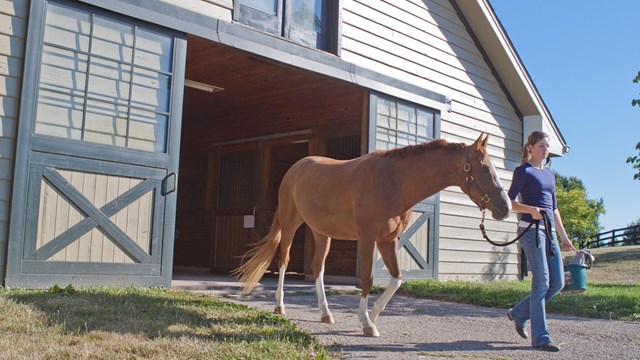
You’re ready for evacuation!
We all hope that disaster never strikes. But, now, you can rest easy knowing you and your horse are ready for evacuation if necessary.
For more information on emergency planning, preparedness, and evacuation, see the UC Davis Center for Equine Health’s Fall 2014 Horse Report, which is packed with useful information. Good luck, and stay safe. Having a plan in place will offer you peace of mind and might save both human and horse lives.





